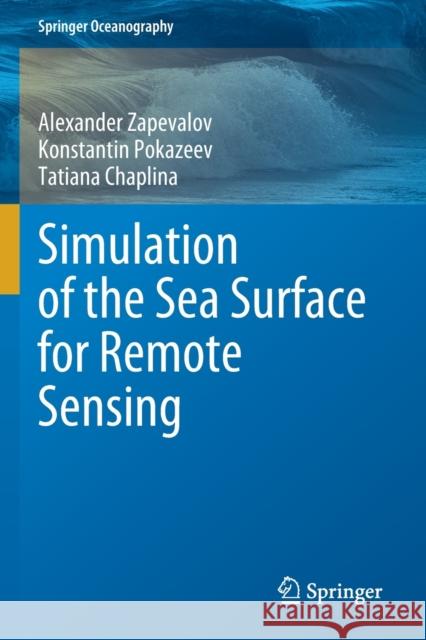Simulation of the Sea Surface for Remote Sensing » książka
topmenu
Simulation of the Sea Surface for Remote Sensing
ISBN-13: 9783030587543 / Angielski / Miękka / 2021 / 238 str.
Simulation of the Sea Surface for Remote Sensing
ISBN-13: 9783030587543 / Angielski / Miękka / 2021 / 238 str.
cena 523,30
(netto: 498,38 VAT: 5%)
Najniższa cena z 30 dni: 501,19
(netto: 498,38 VAT: 5%)
Najniższa cena z 30 dni: 501,19
Termin realizacji zamówienia:
ok. 22 dni roboczych.
ok. 22 dni roboczych.
Darmowa dostawa!
This book considers the formation of the signal reflected from the sea surface when sensing in the radio and optical range. Currently, remote sensing from space is the main source of information about the processes taking place in the atmosphere and ocean. The correct interpretation of remote sensing data requires detailed information about the rough surface that forms the reflected signal. The first three chapters describe the statistical and spatial-temporal characteristics of the sea surface, focusing on the effects associated with the nonlinearity of sea surface waves. The analysis makes extensive use of data obtained by the authors on a stationary oceanographic platform located on the Black sea. In the next seven chapters, the authors analyze how the nonlinearity of waves affects the formation of a signal reflected from the sea surface.
This book is geared for advanced level research in the general subject area of remote sensing and modeling as they apply to the coastal marine environment. It is of value to scientists and engineers involved in the development of methods and instruments of remote sensing, analysis and interpretation of data. It is useful for students who have decided to devote themselves to the study of the oceans.










